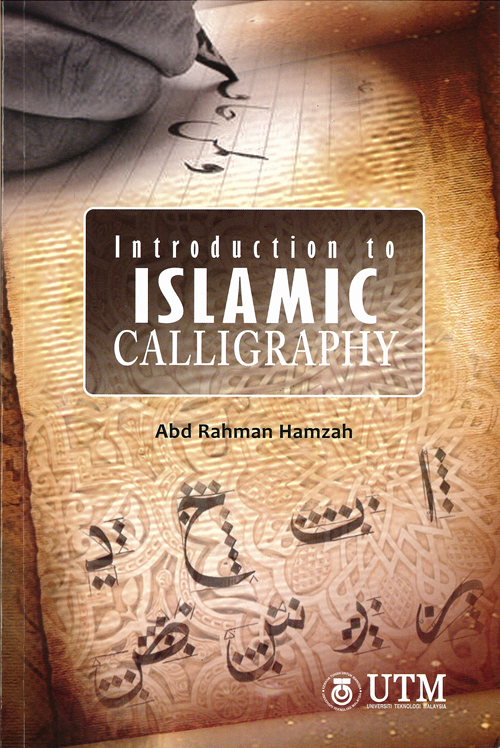Description
In this book, Islamic Calligraphy is introduced by establishing its origin and history, the development, the significance and its role in the Muslim society. The development of Islamic calligraphy reached the stage of precision especially during the Abbasid era, when the writing method has been improved with the introduction of calligraphy’s unit of proportion. The Turkish Ottoman’s contribution is noteworthy as their Sultans played a major role in promoting the calligraphy education and activities. The major calligraphy style, namely Kufi, Naskh, Thuluth, Diwani, Riq ‘ah and Nasta ‘liq (including Ta ’liq and Shikasteh) are clarified besides the tools of a calligrapher and information on a few prominent calligraphers. Other elements of Islamic decoration such as the Arabesque, floral patterns and geometry are also presented. Besides calligraphy, the writer also looks into the Malay Jawi script, definition of the terms, history and the present situation. Finally, the book analyzes the trend of applying calligraphy in selected prominent mosques of Malaysia, their styles, materials, locations and their meanings.





